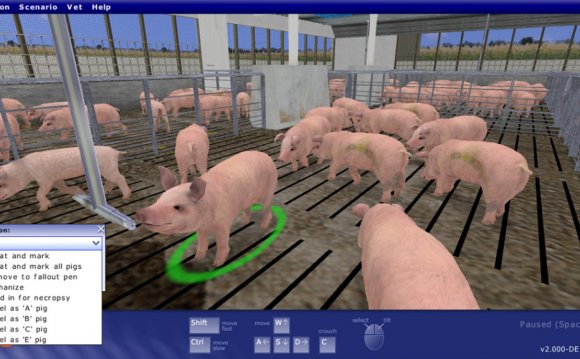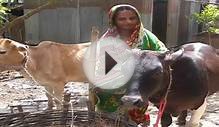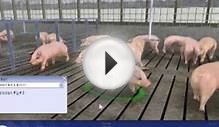
Livestock managers make sure that goods derived from animals are produced safely, efficiently and profitably. This career may involve different animal products or services, and postsecondary training in animal science with business management courses can be helpful. Because managers work with a variety of animals, products and services, many career options are available for those wishing to enter this agricultural industry.
| Required Education | High school diploma or equivalent; Bachelor's degree preferred by some employers |
| Other Requirements | On-the-job training and previous agricultural work experience |
| Projected Job Growth (2012-2022) | -19% (farmers, ranchers and agricultural managers)* |
| Median Salary (2014) | $68, 050 (farmers, ranchers and agricultural managers)* |
Source: *U.S. Bureau of Labor Statistics (BLS)
Career Training for Livestock Managers
Many managers begin training as youths on a family farm. Daily tasks such as milking cows or feeding chickens are all examples of some basic livestock caretaking skills that may be used in the later stages of the career. Due to greater complexities in agricultural practices, this method is generally insufficient to cover all skills associated with managing livestock. Most prospective managers pursue a bachelor's degree then take internships designed to integrate learning and on-the-job training.
Livestock Management College Programs
A general agricultural bachelor's degree may satisfy the requirements for a career in the many career options in this industry. A bachelor degree in agricultural science may include courses in food science, agricultural engineering, livestock evaluation and animal science. Alternatively, some students may take an animal-specific course such as beef and livestock studies or dairy production and management. Since many animals can be termed 'livestock', multiple educational paths exist.
Livestock Management Internship
Schools may offer internship opportunities with public and private sources including school research facilities, agricultural businesses, government agencies and even private farm owners. These programs provide students with opportunities to put their classroom learning into practice while acquiring work experience, and students often make valuable industry contacts through these internships.
Career Options for Livestock Managers
Because livestock managers can work with numerous animals, animal products and services, career opportunities are abundant. Generally livestock jobs are categorized around the animal being managed, the product that the animal produces or the area in which it resides.
Beef Livestock Management
These livestock managers focus on cattle that will eventually be turned into beef and beef products. Mangers in this specialty are careful to monitor what the livestock is fed, keeping the animals healthy and ensuring overall cleanliness in the cattle's lifetime. Because beef products are going toward human consumption, managers must ensure the livestock's feeding and handling conform to government standards and guidelines for beef production.
Dairy Livestock Management
Dairy managers watch over livestock that are used in the production of milk or milk byproducts like cheese. Cows are usually the dairy livestock manager's focus but he or she may also need knowledge of other dairy-producing livestock, like goats. Like beef cattle management, dairy animals must be fed a specific diet, housed, have good health and be disease free. Additionally chemical additives are sometimes added to the milk to meet government guidelines on health safety.
RELATED VIDEO











